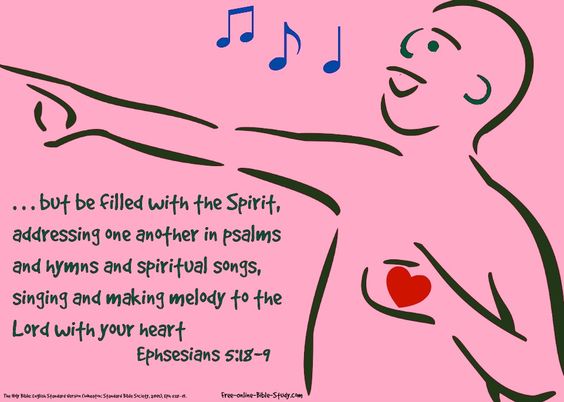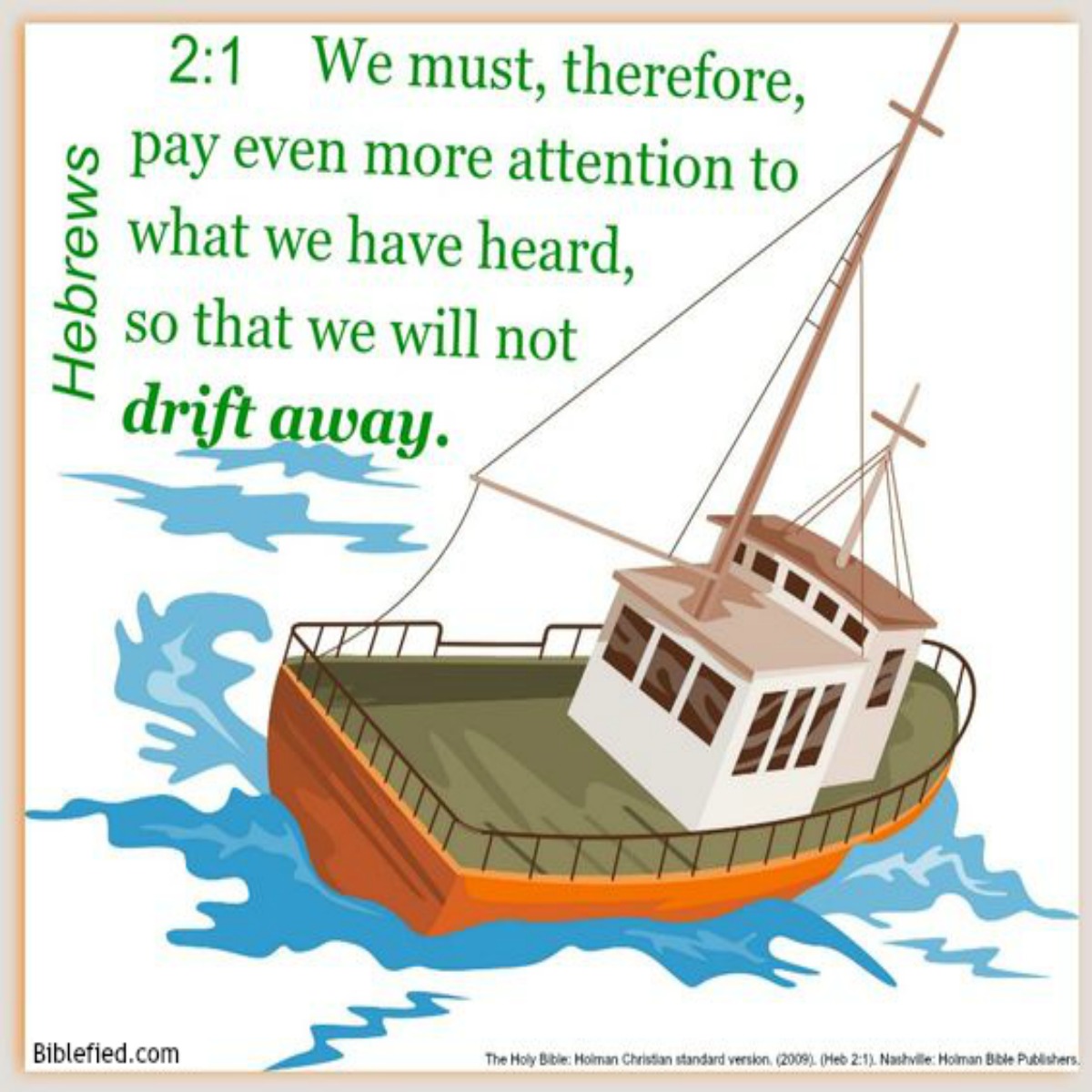|
|
Self-Control Bible Study
This page provides you the answers for the Self-Control Bible Study. It's the third of four lessons in the Who Am I Bible Study. We've provided the daily study questions for this study on this page. On this page we offer you the opportunity to compare your answers.
Day One - Self-Control Bible Study

From our last lesson, Christians understand themselves as first created in the image of God, subsequently marred by sin, and then gracefully redeemed for the glory of God.
Further, Christians understand that they have both an old self and new self, and both compete to dominate their lives. It's only with this understanding that Christians can approach the idea of self-control and see it as the absolute best tool we have to sanctify ourselves.
To start this Bible study, we should first ask "What is self-control?" Or perhaps we should simply ask, "What about ourselves is it that we can control?"
"True Christian freedom expresses itself in self-control,
loving service of our neighbor and obedience to the law of God."
John Stott1
First, what we cannot control might be easy to define. For instance, if we don't sleep we'll eventually fall asleep. We don't control when the sun rises or whether an insect will bite us.
Here's a list of other things we can't control:
- who our parents, brothers, and sisters etc. are, in essence - our families
- the circumstances we face, yes we can control some but not all
- the forces and impacts of weather such as storms, rain, sunshine, and drought
- what other people do, even if we have authority over them
- for some people, they have absolutely no control of any kind over their governments
- the length of our lives - we can choose to live healthy lives but we can't choose their lengths
Question: What are the five most important things in your life that you can control?
One Man's Answer:
1) How I spend my time because I can't get more of it, or said another way - how I spend my life because I only get one chance.
2) What I think about or choose to dwell on.
3) The words that come out of my mouth, or how I react and relate to other people.
4) How I spend my money, or how I steward the things God that has allowed me to have.
5) The daily habits I practice. By daily Bible reading, daily prayers, and daily wanting and looking to witness I develop and control or discipline myself to be the best Christian I can be.
Essentially, when when it comes down to it, the only thing you can absolutely control no matter the circumstances are is what you think and say. Nobody can force you to think or say anything. Even if someone tries to bribe you, or you're in prison, or even if you're being tortured, you still have the ability to control your thoughts and what you say.
Day Two - Self-Control Bible Study

In the Christian Standard Bible there are basically three Greek words that are translated seventeen times to the English word self-control in the New Testament.
Here are the three Greek words in root form:
- ἐγκράτεια - enkrateia - 8 of 17 occurrences
- σώφρων - sophron - 5 of 17 occurrences
- νηφάλιος - nephalios - 4 of 17 occurences
ἐγκράτεια - enkrateia means restraint of one's emotions, impulses and desires.
σώφρων - sophron means to be in control of oneself, prudent, thoughtful, and self-controlled.
νηφάλιος - nephalios means either being very moderate in the drinking of alcoholic beverages, to being restrained in conduct, self-controlled, or level-headed.2
Question: What are the different contexts for the calls for self-control in the following verses? Also, who is it that should have control over themselves?
I Corinthians 7:5 and 9:
- the context is control over sexual desires
- the whom is married people, unmarried people, and widows
Titus 1:8:
- the context is self-control as a sign for suitability for a leadership position
- the whom is an overseer or bishop
Titus 2:1-6:
- the context is proper Christian behavior
- the whom is both young and older men as well as both young and older women
II Peter 1:1-9:
- the context is Christian behavior
- the whom is all who are Christians
Day Three - Self-Control Bible Study
The Hebrews writer tells us we should pursue holiness, that is sanctification (Hebrews 12:14). Self-control is essentially a tool or method Christians use to sanctify themselves. Or said another way - a means to progressively become less like sin and more like Christ.
Question: From the following Scriptures, what are five other methods or tools Christ followers can use to sanctify themselves?3

- Psalm 1:2, Matthew 4:4, John 17:17 - Bible reading and meditation
- Matthew 28:19:20 - Witnessing
- Ephesians 5:18-20 - Worshipping God
- Ephesians 6:18 and Philippians 4:6 - Prayer
- Hebrews 10:24-25 - Christian fellowship
Day Four - Self-Control Bible Study
Question: What is your motivation to obey God, to control or sanctify yourself? You might remember that Jesus said "If you love me, you will keep my commands" (John 14:15). This may be the only reason anyone ever needs.
However, there are ten other reasons we can find in Scripture. List the ten reasons to obey God from the passages below.
- Matt 5:8 - the desire for a deeper walk with God (see also Psalm 66:18; Isaiah 59:2; John 14:21; I John 1:6, 3:21-22)
- Matt 6:19-21 - the desire to see greater heavenly reward (see also Luke 19:17-19; I Corinthians 3:12-15; II Corinthians 5:9-10)
- Acts 5:11 - the desire to avoid God's displeasure and discipline on our lives - often referred to as "the fear of God" (see also Acts 9:31; II Corinthians 5:11, 7:1; Ephesians 4:30; Philippians 2:12; I Timothy 5:20; Hebrews 12:3-11; I Peter 1:17, 2:17 and the state of unbelievers in Romans 3:18)
- Romans 13:5 - the need to keep a clear conscience before God (see also I Timothy 1:5, 19; II Timothy 1:3; I Peter 3:16)
- Philippians 4:8-9 - the desire for peace and to do what God commands simply because his commands are right and we delight in doing what is right (see also Psalm 40:8)
- II Timothy 2:20 - the desire to be "a vessel for noble use" and have increased effectiveness in the work of the kingdom
- Hebrews 12:1-2 - the desire for joy in our lives
- I Peter 1:12 - the desire that angels would glorify God for our obedience (see also I Timothy 5:21)
- I Peter 3:1-2 - the desire to see unbelievers come to Christ through observing our lives (see also I Peter 3:15-16)
- I Peter 3:9-12 - the desire to see present blessings from God on our lives and ministries4
Day Five - Self-Control Bible Study
As we close this Self-Control Bible Study we consider an important question.
Question: What's the greatest resource a Christian has to help control him or herself, to deny our old selves, and affirm our new selves from a reading of Galatians 5, verses 16-25?
It's been said the latter half of Paul's letter to the Galatians provides "that life in Christ is freedom." This "true Christian freedom expresses itself in self-control, loving service to our neighbor and obedience to the law of God."
But how can this be so if our old self is constantly battling our new self? The answer is Holy Spirit because "he alone can keep us truly free."5 This is important because as I'm sure every Christian knows, we can't think that we can do whatever we want to do.
Notice also that self-control is a fruit of the Spirit in verse 23. Fruit of the spirit is "the natural produce that appears in the lives of Spirit-led Christians."6 But our actions "at every point are governed by either the flesh or the Spirit"7 per verse 17.
Thankfully, Christians are "not called upon to summon up the strength within them, for their new life is supernatural, stemming from the powerful work of the Holy Spirit."8 But there's a lot more to this than meets the eye. Look at verse 24. Christians are said to have crucified their flesh.
We need to understand this verse in detail to understand how we're to control ourselves. John Stott provides the best insight on how we can control ourselves. He observes that the crucifixion of the flesh "is something that is done not to us but by us.
It is we ourselves who are said to 'have crucified the flesh'. Further, he notes that Paul builds on the statement of Jesus who said 'whoever wants to be my disciple must deny themselves and take up their cross and follow me' (Mark 8:34).
To take up the cross was our Lord's vivid figure of speech for self-denial. Every follower of Christ is to behave like a condemned criminal and carry his or her cross to the place of execution. Now Paul takes the metaphor to its logical conclusion.
We must not only take up our cross and walk with it, but actually see that the execution takes place. We are actually to take the flesh, our stubborn and wayward self, and (metaphorically speaking) nail it to the cross. This is Paul's graphic description of repentance, of turning our back on the old life of selfishness and sin, rejecting it finally and utterly."9
But Stott provides the an extremely helpful insight into our role in following through this Christian act of self-control which is a fitting closing note on this Self-Control Bible Study.
"In the language of Jesus, as Luke records it, every Christian must ‘take up his cross daily’ (Lk. 9:23). So widely is this biblical teaching neglected, that it needs to be further enforced.
The first great secret of holiness lies in the degree and the decisiveness of our repentance. If besetting sins persistently plague us, it is either because we have never truly repented, or because, having repented, we have not maintained our repentance.
It is as if, having nailed our old nature to the cross, we keep wistfully returning to the scene of its execution. We begin to fondle it, to caress it, to long for its release, even to try to take it down again from the cross.
We need to learn to leave it there. When some jealous, or proud, or malicious, or impure thought invades our mind we must kick it out at once. It is fatal to begin to examine it and consider whether we are going to give in to it or not.
We have declared war on it; we are not going to resume negotiations. We have settled the issue for good; we are not going to re-open it. We have crucified the flesh; we are never going to draw the nails."10

We pray this Self-Control Bible Study has blessed you.
Notes for this Self-Control Bible Study
|
1 Stott, John R. W. 1986. The message of Galatians: Only one way (The Bible Speaks Today). Leicester, England; Downer’s Grove, IL: InterVarsity Press. p. 113. |
 |
5 Stott, p. 113.
6 Ibid, p. 116.
|
7 Moo, Douglas J. 2013. Galatians, Baker Exegetical Commentary. Grand Rapids, MI: Baker Academic. p. 356. |
 |
|
8 Schreiner, Thomas R. 2010. Galatians, Zondervan Exegetical Commentary on the New Testament. Grand Rapids, MI: Zondervan. p. 348-9. |
 |


